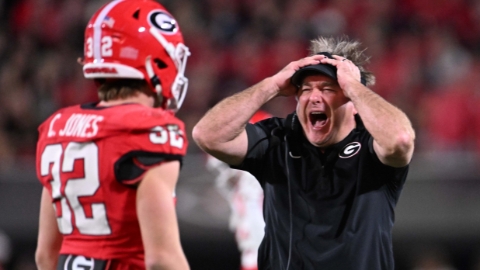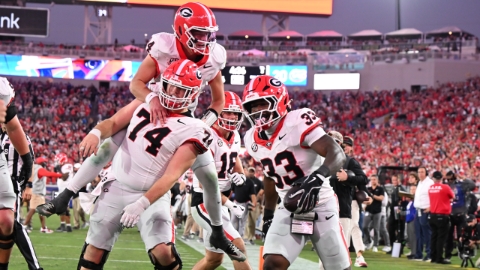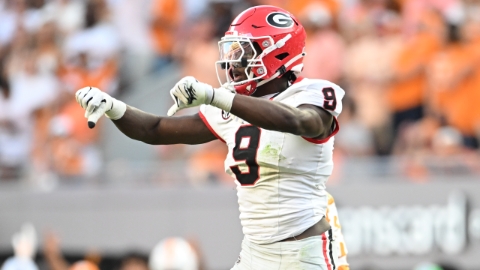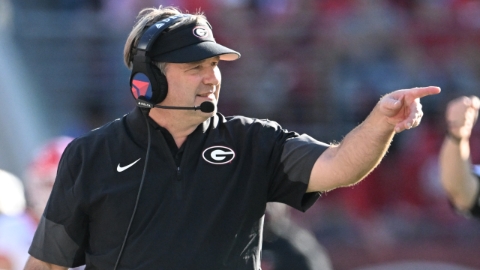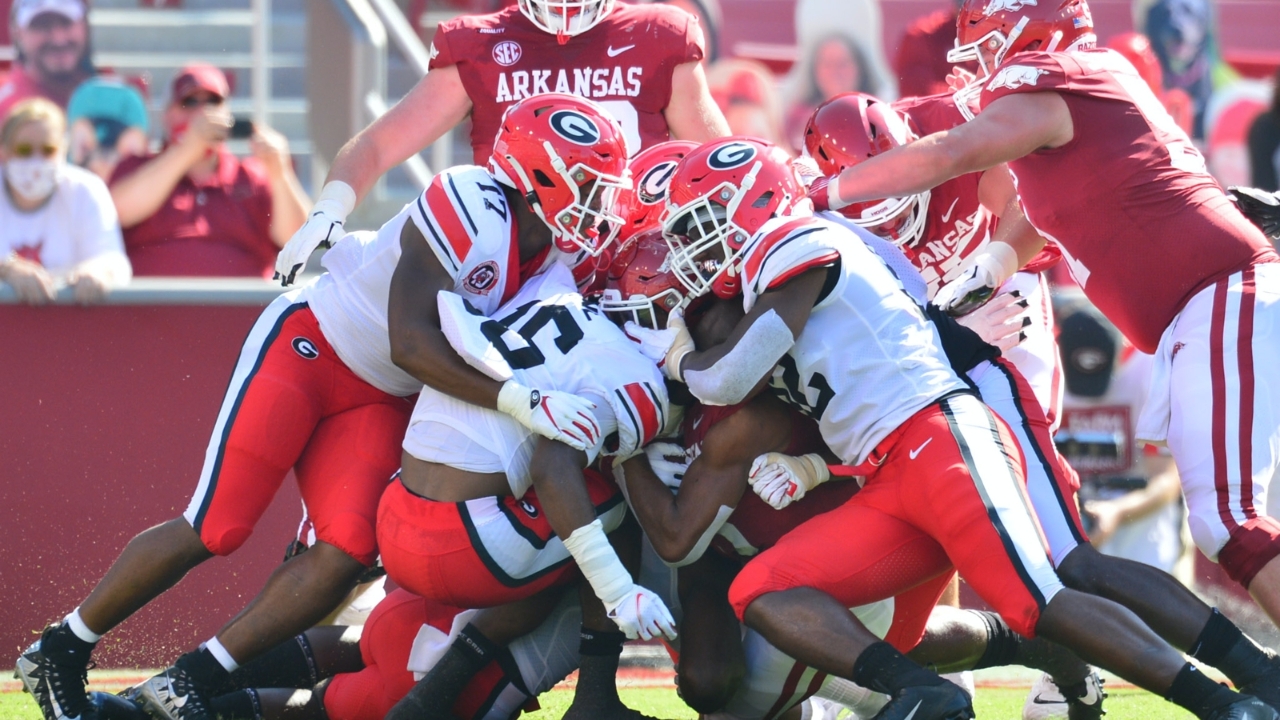
ATHENS - The SEC approved special transfer waivers for the 2020 season on Wednesday night.
For years, SEC bylaws have prevented student-athletes from transferring inside the league while participating as undergraduates.
“It is important to recognize that these approvals are not an endorsement of the rationale set forth by the individuals seeking waivers,” UGA AD Greg McGarity said Wednesday night when asked for comment regarding the SEC’s decision. “The Commissioner plainly indicated that he approved all waivers due to the unprecedented circumstances we face. We look forward to reviewing our current bylaws to attend to the changing national landscape while protecting the shared ideals that make this conference so special. We are proud of how we operate our athletic program and the way we facilitate the growth of our student-athletes.
The move sets forth a path for former UGA and current Tennessee OL Cade Mays to play against the Dawgs this fall. It is unclear if former reserve DB Otis Reese, who transferred to Ole Miss in the off season, will be able to play this fall for the Rebels. It is unclear if Reese has been or will be cleared by the NCAA, which is required for him to play this fall.
Georgia said in a release last week that it was unable to comment on Reese’s situation, but that it would “be happy to share our full response to Otis Reese’s waiver request, if he provides a signed release allowing us to do so. UGA disputes any suggestion that it maintains an unsafe, unsupportive or racially insensitive environment.”
Greg Sankey made clear in the SEC’s statement Wednesday night that the special transfer waivers were not made because of allegations from Reese and Mays about the Bulldogs’ football program. Another player, Kentucky quarterback Joey Gatewood, who had been at Auburn, is also effected by the SEC’s decision.
“It must be stated unequivocally that these approvals are solely a reflection of the unique circumstances present and should not be interpreted as endorsement of the rationale set forth by individuals seeking these waivers,” Sankey said in the statement. “These are unprecedented times in which decisions about eligibility and competitive opportunities demand consideration of the current challenges facing our student-athletes and schools as a result of COVID-19. In a non-COVID environment there may have been a different outcome for some of the waiver requests determined today.”
Mays and his family filed a $3.5 million lawsuit against the State of Georgia while he was playing for the Bulldogs. The family’s attorney Gregory P. Isaacs accused the Bulldogs of “a toxic environment that did not support Cade Mays’ well-being as a student-athlete” after Mays’ first waiver appeal to the NCAA was denied in August.
